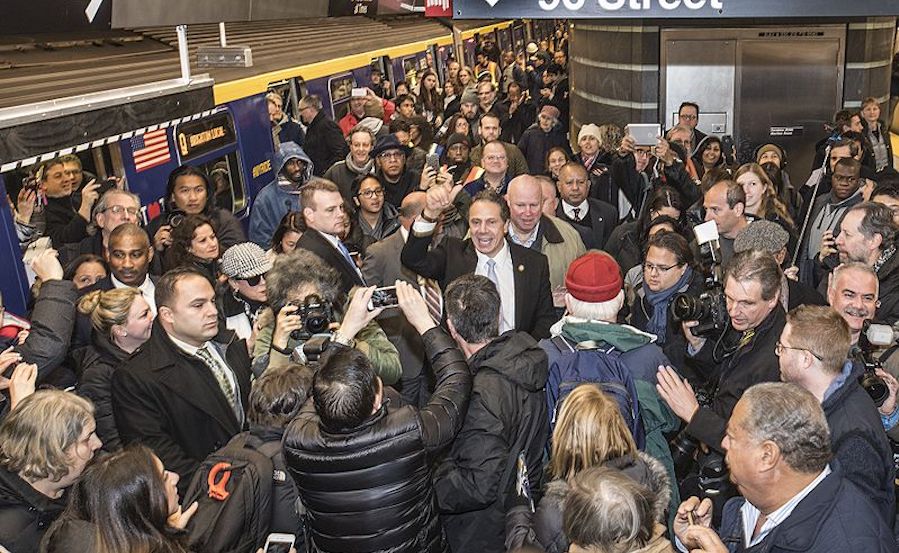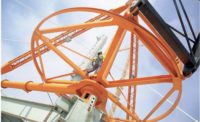New York Gov. Andrew M. Cuomo (D) is putting together an impressive record of public works and infrastructure. With that comes an unsettlingly arbitrary display of personal political muscle through his influence on state agencies and on key multistate transportation authorities. In his second term in office, Cuomo also has proven himself to be a capable if not infallible manager of his public image as an effective builder. So it is fairly obvious that he and Patrick Foye—whom the governor nominated for elevation from president to chairman and CEO of the Metropolitan Transportation Authority—are amplifying that image. They are doing so by portraying themselves as taking on the agency’s consulting advisors and engineers—yes, the engineers—and seeking a 10% fee reduction. Cuomo referred to MTA as a “bureaucracy culture on steroids” and a “transportation industrial complex.” Foye, the Cuomo-appointed former executive director of the Port Authority of New York & New Jersey, talked of giving a good licking to poorly performing “billion-dollar capitalization publicly traded” engineering companies.
New York’s governor and its main transit agency want to help New York City’s overtaxed commuters by going after the engineers—yes, the engineers.
In coming years, MTA must work through a staggering backlog of needed upgrades, such as the much-publicized rehab of the L train subway tunnel between Manhattan and Brooklyn. Cuomo scrapped in January an MTA plan that had been set to shortly start work, tapping engineering professors for an alternate that avoids a yearlong shutdown of the tunnel. As for big, publicly traded engineers, Foye in general terms blamed WSP for a failure of imagination in planning the original L train rehab, but the firm still was tapped to support the academics on the replacement. Tellingly, WSP is the engineering consultant known so far to bear the most pain, losing a separate $10-million multiyear indefinite-quantity contract.
The governor recognizes MTA’s challenge to make system upgrades as it copes with a gaping operating deficit. He successfully pushed for congestion pricing for drivers entering Manhattan—a plan legislators approved in early spring—to reduce the shortfall and, with Foye, also moved to centralize MTA project management, require design-build for big projects and seek debarment for contractors whose jobs go more than 10% over budget or schedule.
Cuomo seems to want to redraw the rules of fair business. That raises our concern not only about fee cuts, but also about debarment manipulation with possible political overtones. That punishment should only apply to large inflated claims, not owner-triggered scope expansion or acceleration.
New York public works in 2019 are a complicated slog. The governor’s role and reach are critical to the state and to his future ambitions. But targeting engineers is as unwise as it is unimaginative, and smacks of President Donald J. Trump’s peevish populism. It should go no further.




Post a comment to this article
Report Abusive Comment